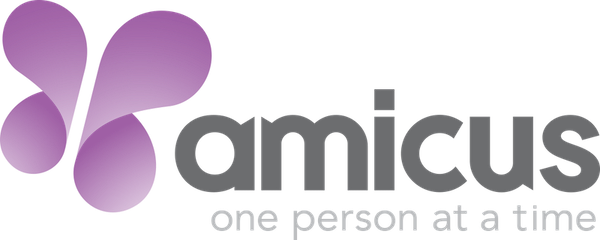Benefits of using a registered provider
Choosing a support provider can be daunting, with a number of different options available, including:
- registered providers
- non-registered providers,
- self-employed contractors,
- agencies, or
- employ staff directly.
Here are the key questions to ask when making this choice:
- You should feel safe, listened to and confident that the care you will receive is professional.
- An agency like Amicus is routinely and independently audited against NDIS practice standards.
- All providers of NDIS-funded supports must agree to abide by the NDIS Code of Conduct and have a complaints process in place.
- If your plan is managed by the NDIA, you can only access support from a registered provider.
- Self-managed and plan-managed plans have the option to choose providers who are not registered with the NDIA.
- Some supports must be provided by a registered provider, such as Specialist Disability Accommodation, Specialist Behaviour Support Services and where a restrictive practice may be applied.
- Registered providers undergo regular audits to ensure they maintain a high level of service.
- Unregistered providers are not required to undertake this rigorous checking, so it’s hard to know if they are applying the standards.
- Registered NDIS providers will only engage workers who have an NDIS worker screening clearance in risk-assessed roles.
- You can request unregistered providers demonstrate or obtain a clearance to support before choosing to work with them.
- Self-employed support providers must have an ABN, manage insurance, tax and superannuation. It is important to confirm the appropriate insurance, the correct qualifications and skills for the specific support type.
- Check the continuity plan for sickness and annual leave to ensure supports are reliable.
- If directly employing staff, you will need to recruit and meet standard employer obligations including payroll, superannuation and Workcover insurance.
